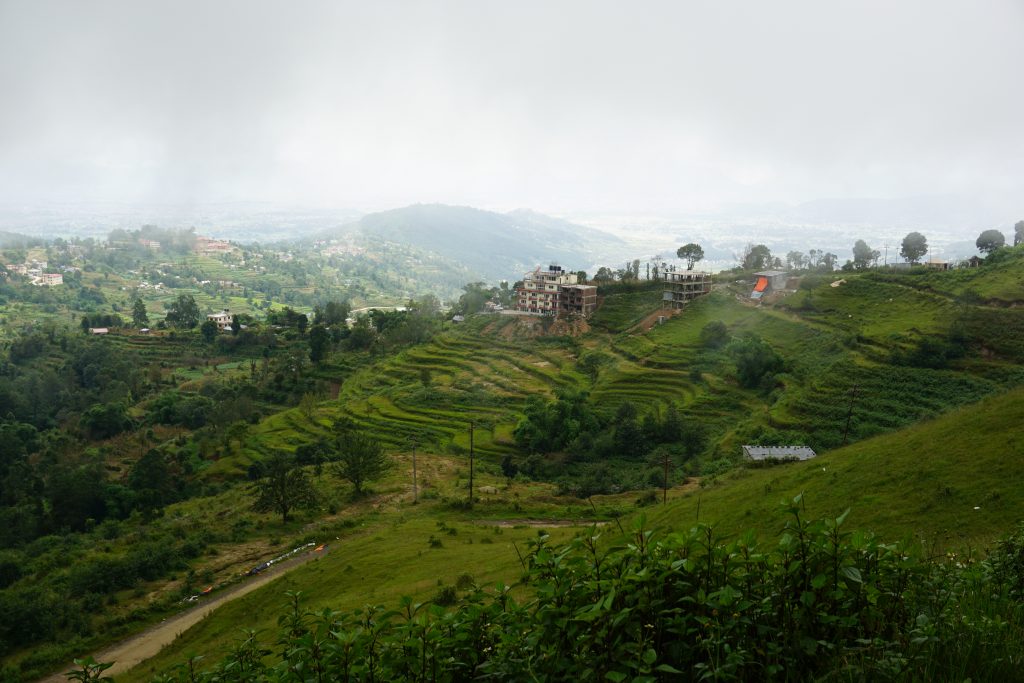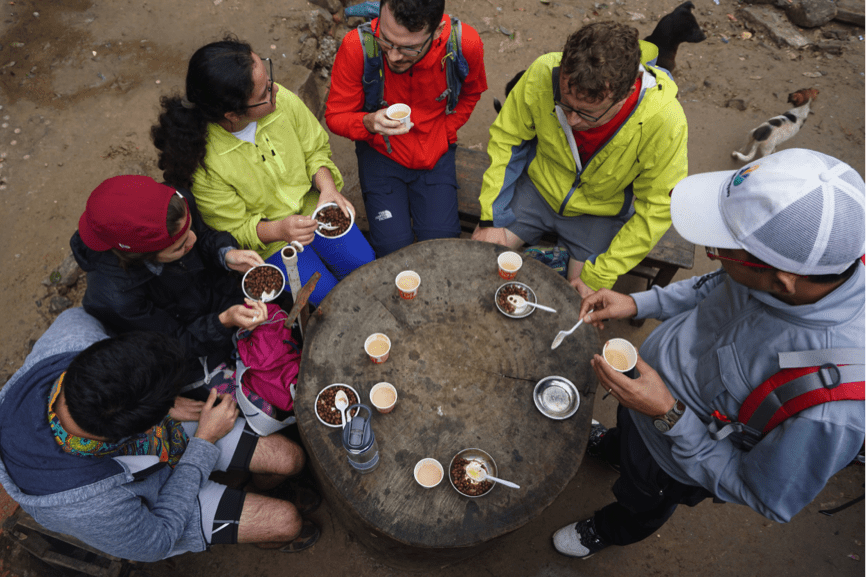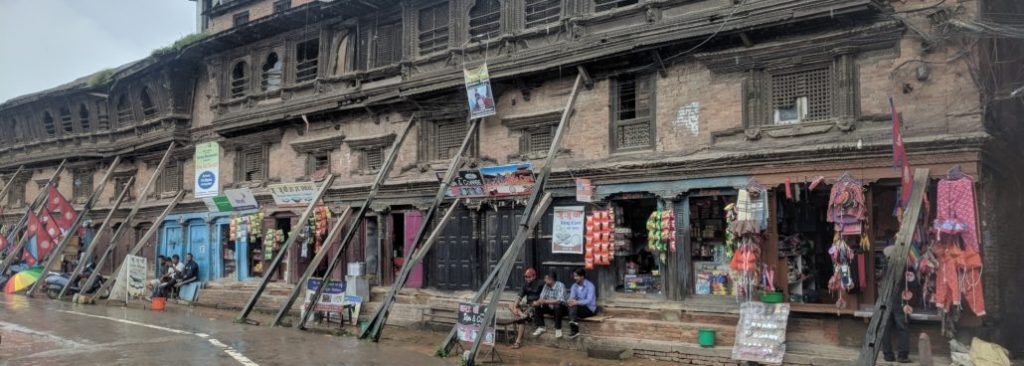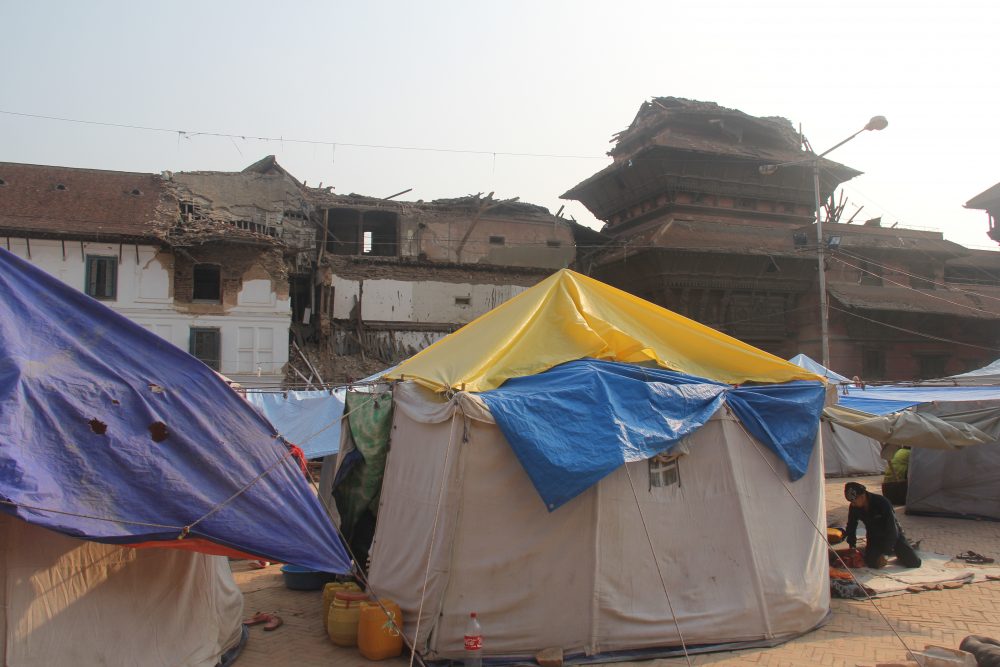Five years later: equitable recovery research in Nepal
Exactly 5 years ago — on April 25th, 2015 — an Mw 7.8 earthquake struck Nepal, causing an estimated 9,000 fatalities and displacing over 3.5 million people. Our research on Nepal’s recovery — the Informatics for Equitable Recovery project — sought to understand these disaster impacts and recovery processes holistically. With the completion of our final report and the 5th year memorial, we want to share some core findings of our work on recovery from over the last two years.




